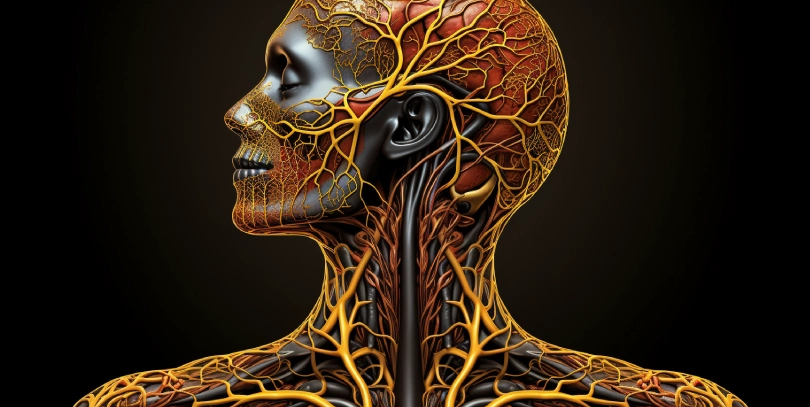Stress is a common and unavoidable part of life that can affect anyone in different ways. It can have both positive and negative impacts on our physical, mental, and emotional health. However, when stress becomes too overwhelming or chronic, it can lead to serious problems that can impair our well-being and quality of life. In this article, we will explore 20 facts about stress that will help you understand what stress is, how it affects you, and how you can cope with it.
- Stress is a natural feeling that is created in the mind and is the way the body responds to a particular threat.
- Stress can affect anyone, including children and animals.
- Stress can overburden your mind with incessant thoughts.
- Stress has been called “the silent killer” and can lead to heart disease, high blood pressure, chest pain, and an irregular heartbeat.
- A little stress is good for you, as it can help motivate you to make positive changes in your life and get things done.
- Stress is controlled by your nervous system.
- 51% of adults who felt stressed reported feeling depressed, and 61% reported feeling anxious.
- 49% of 18–24-year-olds who have experienced high levels of stress felt that comparing themselves to others was a source of stress.
- Stress leads to weight gain. The cortisol hormone stimulates cravings for sweet, salty, and high-fat foods, thereby leading to obesity.
- Stress can cause physical and emotional symptoms such as headaches, muscle tension, digestive issues, worry, restlessness, and irritability.
- Stress can affect your immune system, making you more susceptible to illnesses and infections.
- Stress can affect your memory and concentration, making it difficult to focus on tasks
- Stress can cause skin problems such as acne, eczema, and psoriasis.
- Stress can affect the reproductive system, causing menstrual problems and reducing fertility.
- Stress can affect the respiratory system, making it harder to breathe and increasing the risk of asthma attacks.
- Stress can cause hair loss and other hair problems.
- Stress can affect vision, causing eye strain, blurred vision, and other problems.
- Stress can affect the nervous system, causing tremors, twitching, and other symptoms.
- Stress can affect the endocrine system, causing hormonal imbalances and other problems.
- Stress can be managed through a variety of techniques, including exercise, meditation, therapy, and medication.
It’s important to note that stress affects everyone differently, and it’s essential to manage stress to avoid long-term health effects. If stress is getting in the way of your health and happiness, talk to your doctor about ways you can manage it.
Sources:






